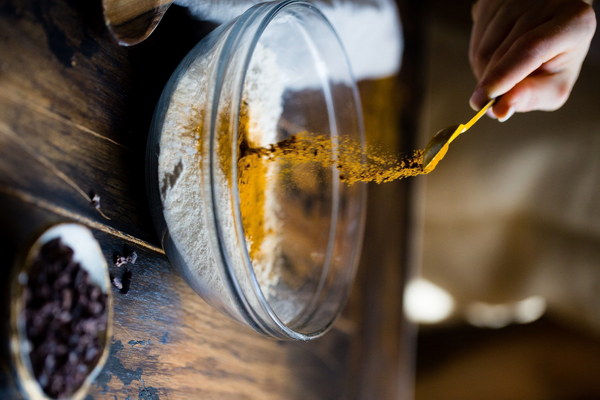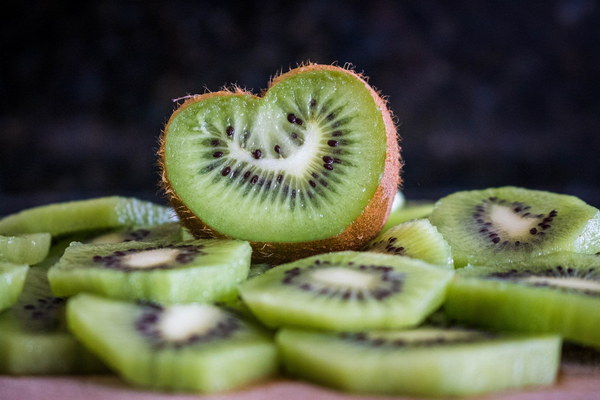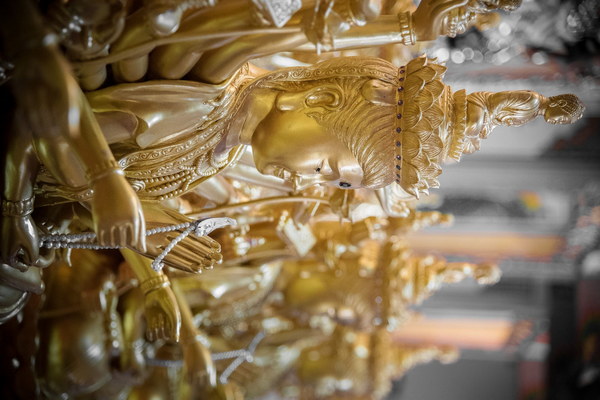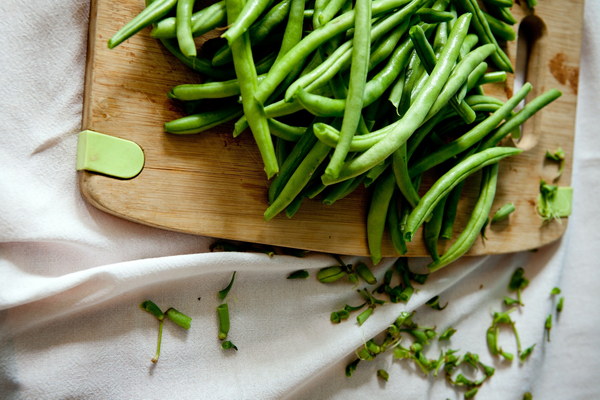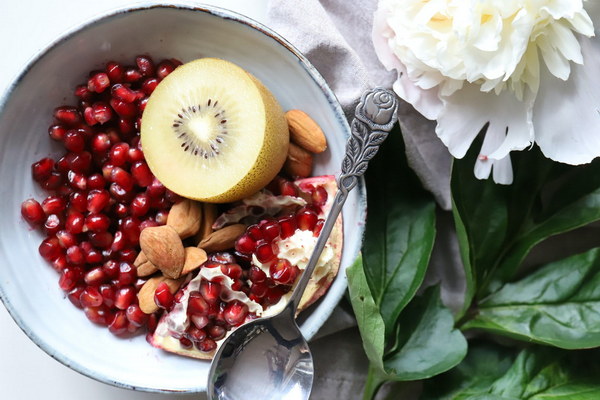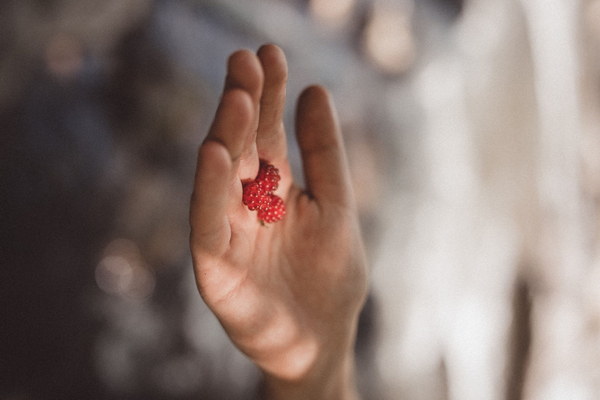Can You Drink a Moisture-Relieving Tea Alongside Moisture-Relieving Medication
Introduction:
Moisture-relieving medications and teas have gained immense popularity in recent years, particularly in regions where humidity and dampness are prevalent. However, many individuals often wonder whether it is safe to consume a moisture-relieving tea alongside moisture-relieving medication. In this article, we will delve into this query, exploring the potential benefits and risks of combining both remedies.
Benefits of Moisture-Relieving Tea:
1. Natural Ingredients: Moisture-relieving teas are typically made from natural ingredients such as ginger, cinnamon, and dried tangerine peel. These ingredients have been used in traditional medicine for centuries to alleviate dampness and promote overall health.
2. Mild Side Effects: Unlike some moisture-relieving medications, herbal teas generally have fewer side effects. This makes them a safer option for individuals who are sensitive to medication or have underlying health conditions.
3. Hydration: Consuming moisture-relieving tea can help maintain hydration levels, which is essential in combating dampness and promoting a healthy body.
4. Digestive Health: Many moisture-relieving teas contain ingredients that aid in digestion, helping to eliminate excess dampness from the body.
Risks of Combining Moisture-Relieving Tea and Medication:
1. Potential Drug Interactions: While natural ingredients in moisture-relieving tea may be safe for most individuals, some may interact with certain medications. It is crucial to consult with a healthcare professional before combining both remedies.
2. Overdose: Consuming excessive amounts of moisture-relieving tea, particularly if it contains potent ingredients like ginger, may lead to adverse effects. It is essential to adhere to the recommended dosage for both the tea and medication.
3. Nutrient Absorption: Some moisture-relieving teas may contain ingredients that can interfere with the absorption of certain nutrients. This could potentially weaken the effectiveness of the medication.
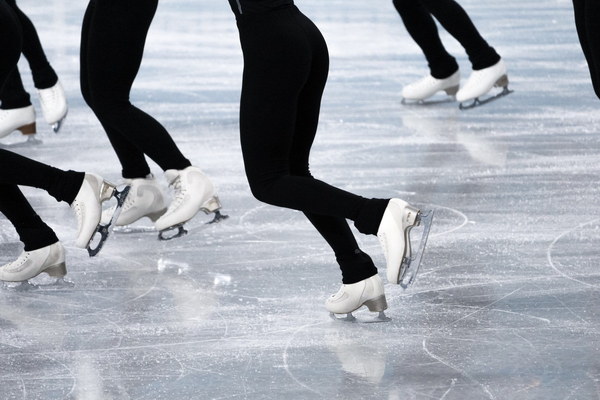
4. Side Effects: While herbal teas generally have fewer side effects, some individuals may experience adverse reactions to certain ingredients, especially when combined with medication.
Guidelines for Safe Combination:
1. Consult a Healthcare Professional: Before combining moisture-relieving tea and medication, it is essential to consult with a healthcare professional. They can provide personalized advice based on your medical history and current medication regimen.
2. Monitor for Side Effects: Pay close attention to any new or worsening symptoms after combining both remedies. If you experience adverse effects, discontinue the tea and seek medical advice immediately.
3. Adjust Dosage: Your healthcare professional may suggest adjusting the dosage of either the tea or medication to ensure safe and effective treatment.
Conclusion:
While it is possible to consume a moisture-relieving tea alongside moisture-relieving medication, it is crucial to consult with a healthcare professional to ensure safe and effective treatment. Combining both remedies can potentially provide additional relief and promote overall health, but it is essential to be aware of the potential risks and guidelines for safe use. Remember, the ultimate goal is to achieve relief from dampness while maintaining your health and well-being.


